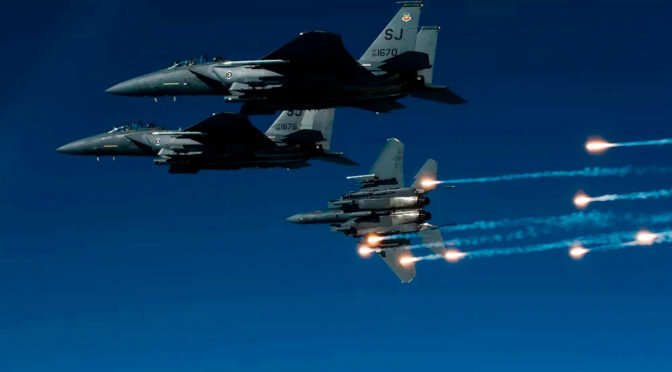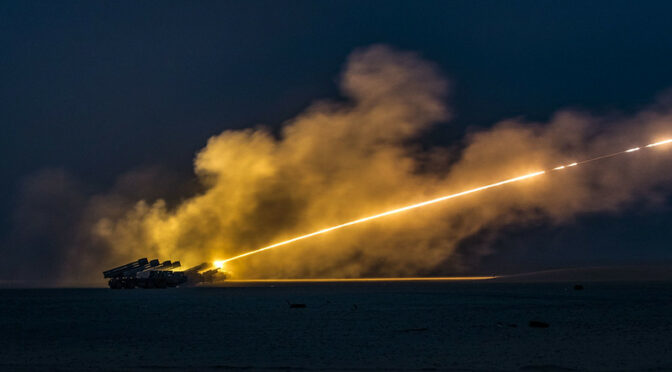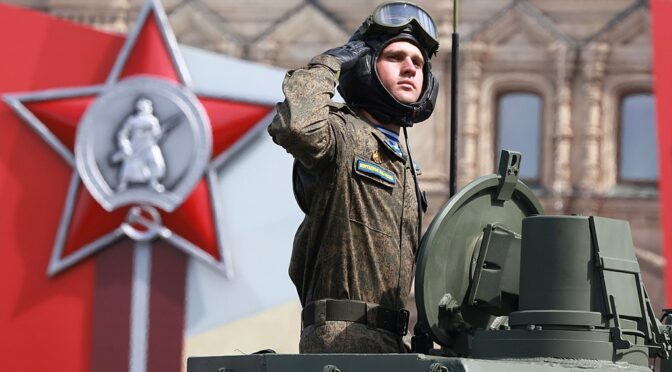Article published in The Daily Telegraph, 24 February 2023. © Richard Kemp
When I first said we should send tanks and planes to Ukraine, I was told I was mad. Eventually, after much indecision and delay, Nato finally agreed to send tanks. But a year after the war began they’re still not there, and we’re now seeing the same heel-dragging over whether or not to supply jets. If we had seized the day months ago Ukraine would be in a totally different situation, likely taking fewer casualties and perhaps even in a position to have pre-empted Russia’s offensive rather than being forced into a very costly defence.
When this war started Western leaders made the same mistake as Putin, expecting that Ukraine would be defeated in short order. Many therefore calculated that big talk accompanied by modest action would be enough to show that they were on the right side. When Putin inevitably won, it would simply have been an unfortunate fact that Kyiv had been unable to withstand Russian might; the West had done all it could, and now it was time for the negotiations and concessions that its leaders were much more at home with.
Unfortunately for them, the Ukrainians had other ideas. But Russia’s unexpected battlefield failures led to another reason for procrastinating: fear of a cornered Putin lashing out with nuclear weapons, stoked of course by the Kremlin’s sabre-rattling threats. Added to that was the concern over Russia’s stranglehold on energy supplies. This was particularly pronounced in Berlin, which just weeks ago tried to excuse its hesitancy with nonsensical excuses about the history of sending tanks to the east.
Now, as we hit the first anniversary of the start of this terrible war, it seems clear that many leaders have still not learnt from the consequences of their reluctance to switch to war time thinking – something that really does require a significant step-change from the consensus, compromise and risk-aversion that has so dominated European politics since the end of the Cold War. Continue reading




